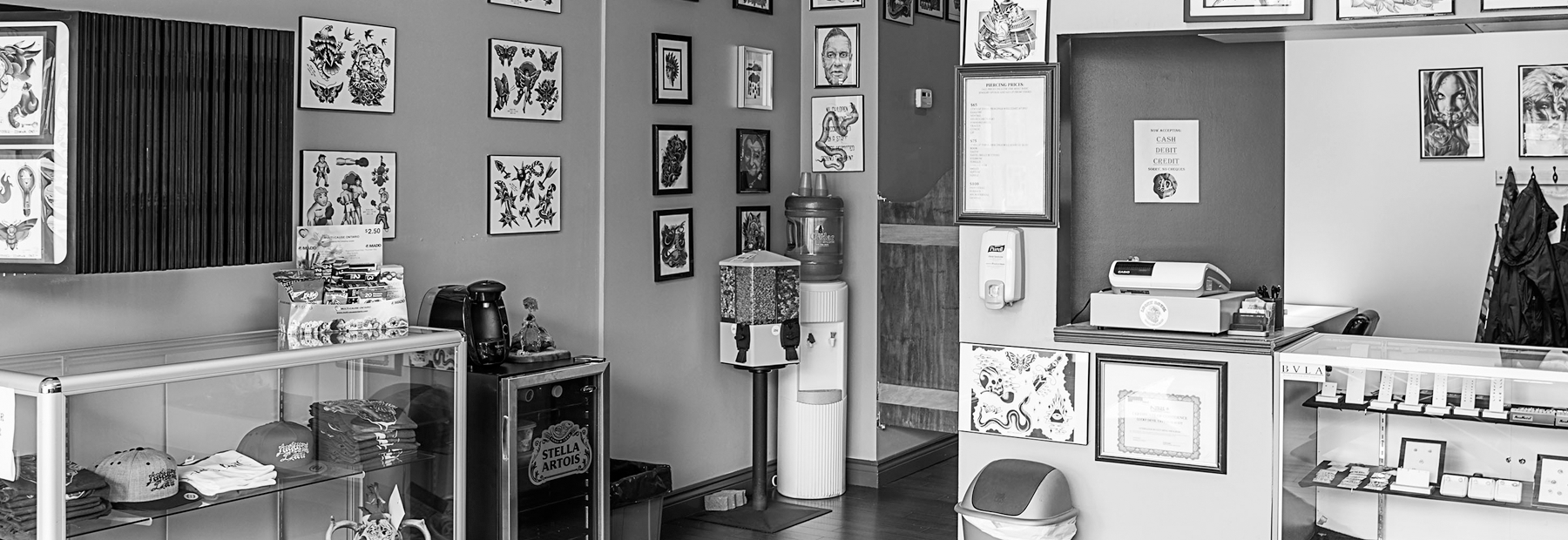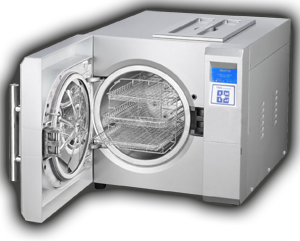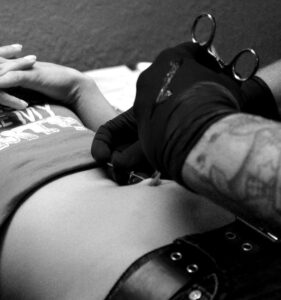
TATTOO AFTERCARE INSTRUCTIONS
A tattoo is not something to be taken lightly. If you don’t take the time to choose the right tattoo studio and to pick a good artist to do your tattoo, you could end up having a very bad experience. There are a lot of inexperienced and un-mentored “scratchers” in this little-regulated field, so be careful! With a few simple questions and a bit of observation, you can avoid a lot of problems.
Is the tattoo shop clean and well organized? Is there an autoclave (sterilizer)? Ask to see it.
Does the shop conduct spore tests to test the efficiency of their sterilizer? Ask to see the spore test results. If there are none, go somewhere else.
HEALING INSTRUCTIONS
• Wash hands thoroughly.
• Remove the bandage in 3-6 hours. You may leave your bandage on overnight in the case of tattoos done later in the evening. If the bandage does stick, soak the bandage in lukewarm water and gently remove it. During the first few hours, it is normal for your tattoo to seep some blood or fluids.
• As soon as you remove the bandage you MUST wash the tattoo thoroughly with warm water, mild unscented soap and a clean hand (a washcloth is too rough). The area will be tender but it is important to remove all dried blood, Vaseline, and fluid.
After the tattoo has been thoroughly cleaned, pat dry with a clean towel. Let it alone for 2 days. Rinse daily.
• Apply lotion. A mild unscented lotion may be applied to the tattoo. A good rule of thumb is less is more. Only apply lotion if the skin feels tight (when the tattoo is itchy and flaky)
AFTER YOUR PIERCING HEALS
 You can change out the initial jewellery with something from one of our many suppliers. The material you choose is important because your skin will react differently to different materials. The degree to which a material is acceptable to the body is known as ‘biocompatibility‘.
You can change out the initial jewellery with something from one of our many suppliers. The material you choose is important because your skin will react differently to different materials. The degree to which a material is acceptable to the body is known as ‘biocompatibility‘.
Highly biocompatible materials do not cause irritation and are suitable for prolonged wear, whereas materials with lower biocompatibility may only be suitable for occasional wear. Everyone reacts differently to these materials, so it is important to know the difference between them and which ones will be suitable for your piercings.
